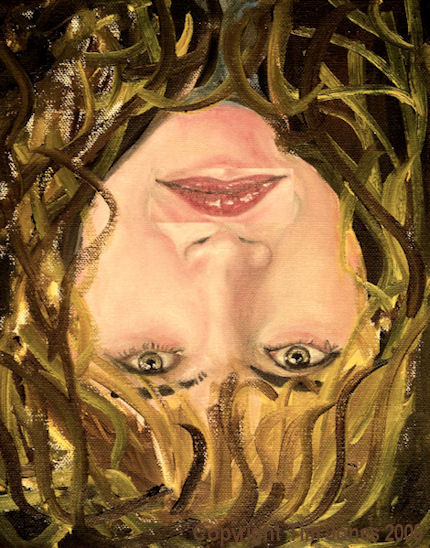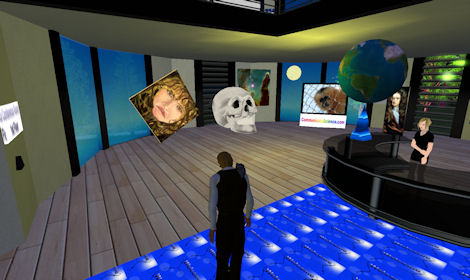 Think I’ve stumbled upon what is fundamentally wrong with UK STEM policy, at least for the Maths bit. We’re not raising mathematicians correctly.
Think I’ve stumbled upon what is fundamentally wrong with UK STEM policy, at least for the Maths bit. We’re not raising mathematicians correctly.
In ‘The First Men in the Moon‘, H.G. Wells shares with us how the Selenite moon people got it right – over a century ago:
“If, for example, a Selenite is destined to be a mathematician, his teachers and trainers set out at once to that end. They check any incipient disposition to other pursuits, they encourage his mathematical bias with a perfect psychological skill. His brain grows, or at least the mathematical faculties of his brain grow, and the rest of him only so much as is necessary to sustain this essential part of him. At last, save for rest and food, his one delight lies in the exercise and display of his faculty, his one interest in its application, his sole society with other specialists in his own line. His brain grows continually larger, at least so far as the portions engaging in mathematics are concerned; they bulge ever larger and seem to suck all life and vigour from the rest of his frame. His limbs shrivel, his heart and digestive organs diminish, his insect face is hidden under its bulging contours. His voice becomes a mere stridulation for the stating of formula; he seems deaf to all but properly enunciated problems. The faculty of laughter, save for the sudden discovery of some paradox, is lost to him; his deepest emotion is the evolution of a novel computation. And so he attains his end.”



